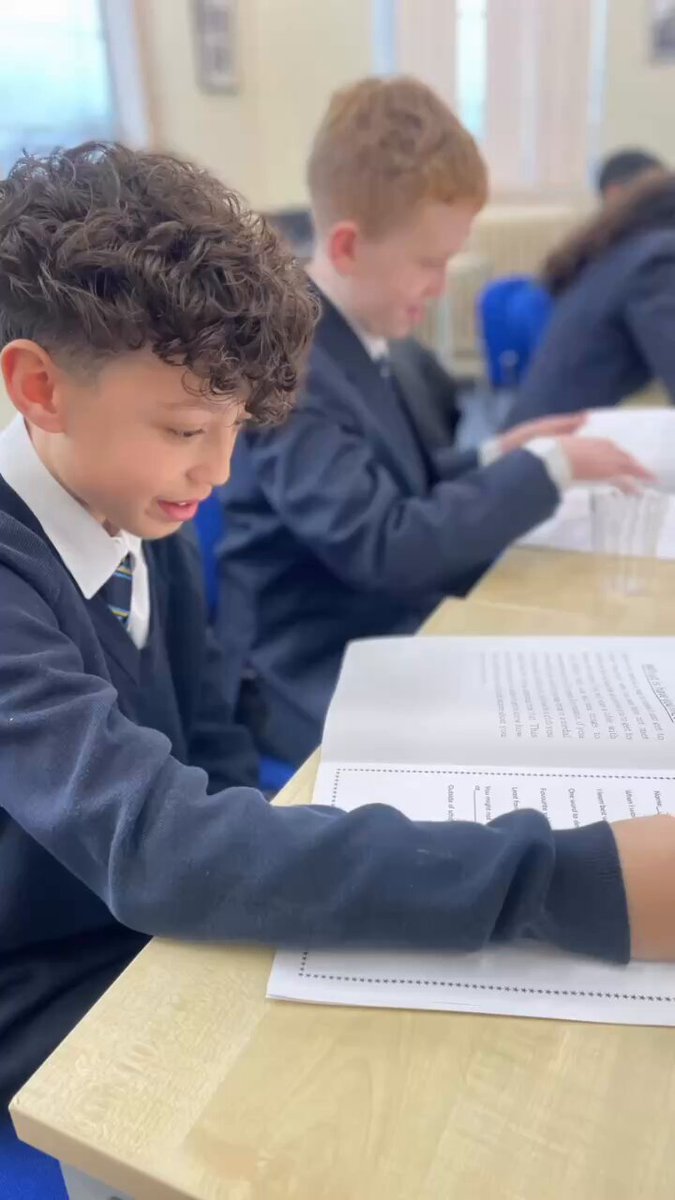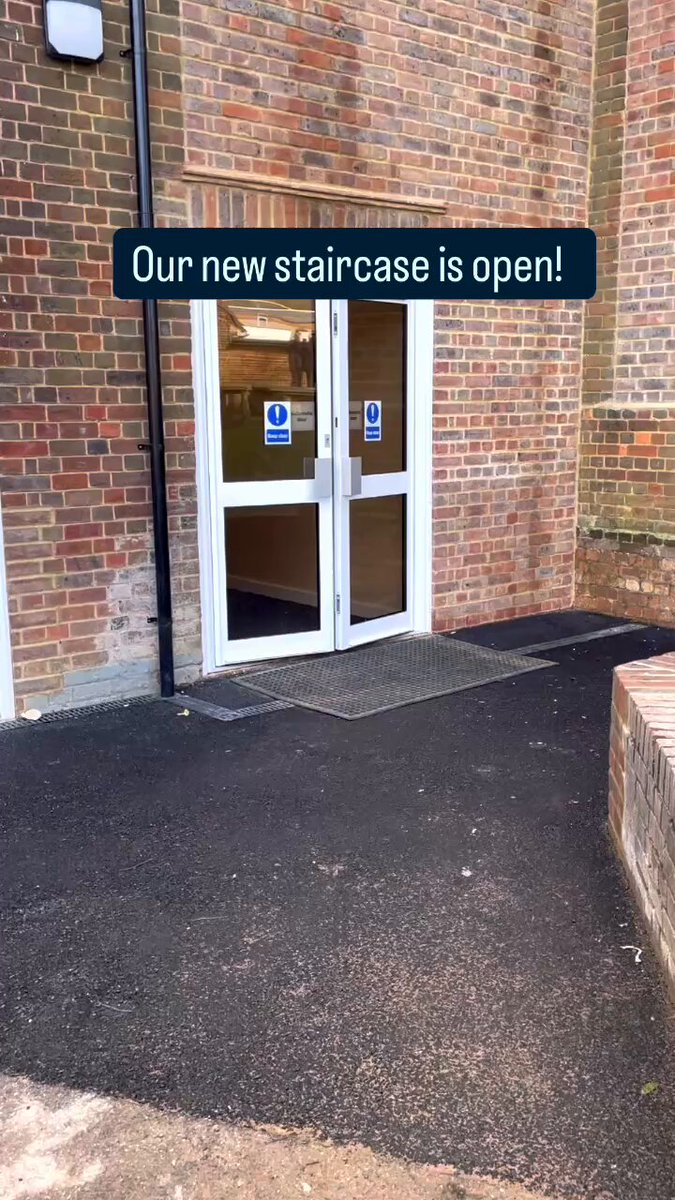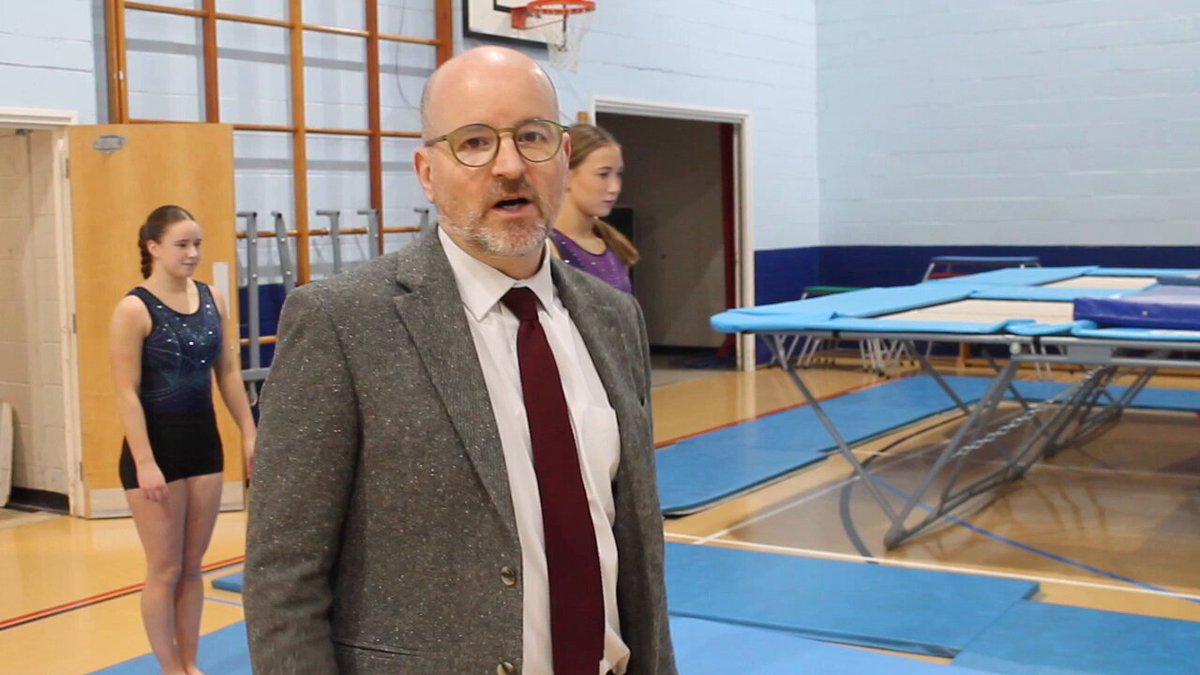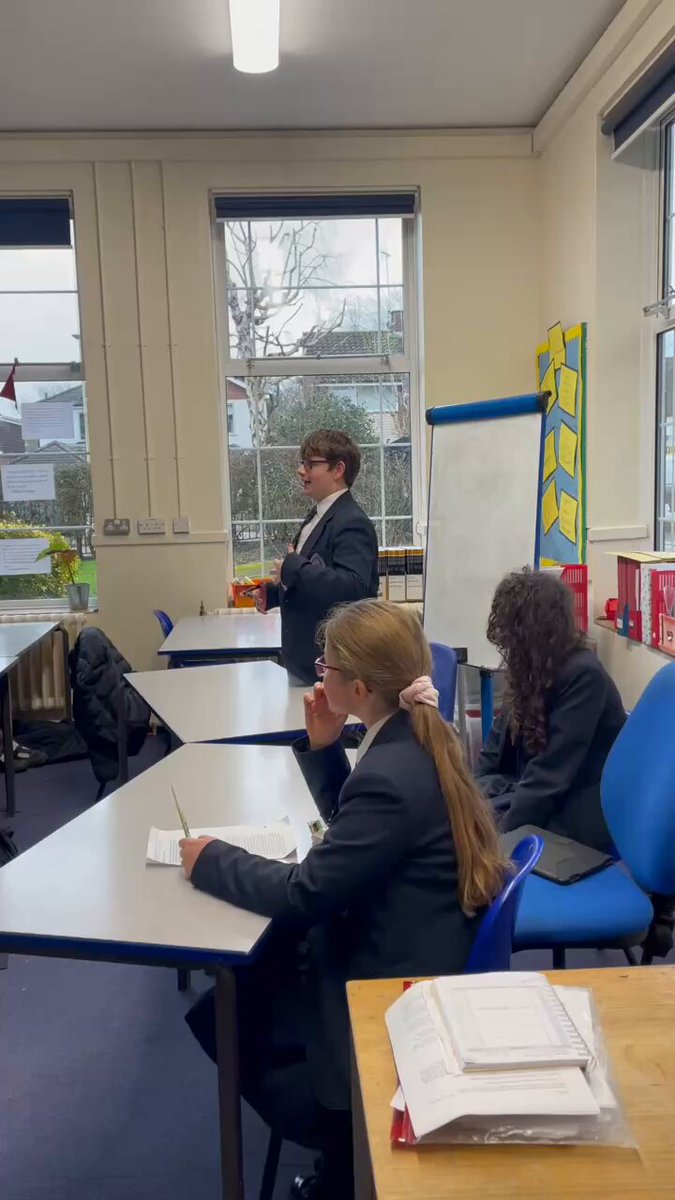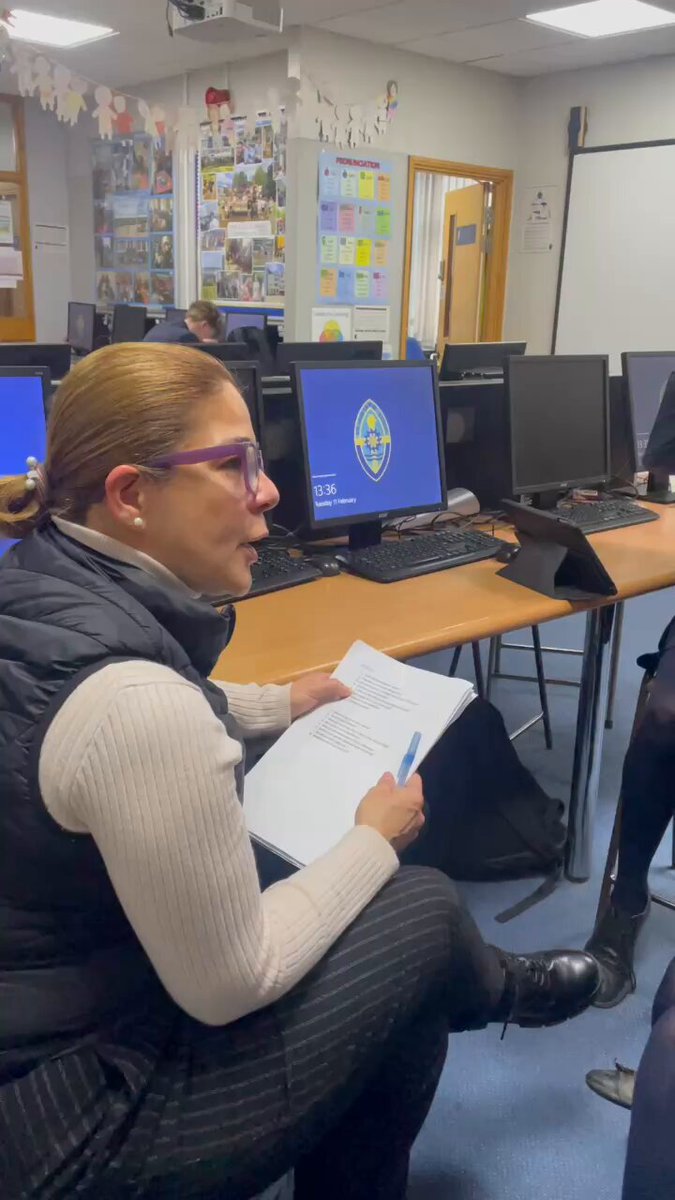Mathematics
| About the Faculty |
|---|
|
We have a fully-staffed department of experienced teachers who are always ready and willing to support students through the sometimes confusing world of Mathematics. We are extremely well resourced with fully interactive whiteboards in all classrooms. The faculty also has a dedicated computer room. We use a variety of teaching methods to stimulate and engage students of all abilities ensuring opportunities are maximised for all. You can expect us to be well prepared and to do our best to help students deepen and extend their understanding of, and capability in, mathematics. We expect the same level of dedication from our students. This means students are fully prepared and give their best in every lesson. Opportunities are available for students to excel in mathematics with the very best students having the opportunity to study Mathematics and Further Mathematics at A level. Throughout the school students participate in the UKMT Junior, Intermediate and Senior Mathematics Challenge. We also offer a range of strategies for students requiring additional support. |
| Curriculum Intent Statement |
|
Inspiration and excellence are at the heart of everything we do. Our main aim is to inspire confidence in our students and stimulate their interest in Mathematics, both within the curriculum and the wider world. We hope that this in turn will spark a love of learning and an improved ability to model and solve problems, applying their mathematical knowledge to a variety of different circumstances. We believe that this will enable our students, irrespective of background, to become resilient learners and to flourish, leaving Sir John Lawes School mathematically well-equipped for whatever they chose to do in life. |
Key Stage 3 Curriculum
What will be studied?
Number
- multiples, primes, factors
- effective use of a calculator
- standard form
- powers and roots
- fractions, decimal and percentages
Algebra
- notation; substitution;
- collecting like terms;
- expanding brackets;
- formulae
- simultaneous equations
- solving linear equations
- indices
- graphs – straight line and curves
- sequences – linear, quadratic, geometric
Ratio
- introduction
- division in a ratio
- similarity
- value for money
- direct/indirect proportion
Shape
- properties of 2D and 3D shapes
- angles and angle facts
- transformations
- congruence
- perimeter and area of rectilinear shapes
- circles – including area and circumference
- volume
- constructions
- Pythagoras’ Theorem & trigonometry
Statistics
- probability
- averages and range
- Venn diagrams
- statistical diagrams
- bivariate data
The progress of students is continually monitored by the class teacher with regular more formal assessments.
At the end of each year students are assessed on all that has been taught previously.
Key Stage 4 Curriculum
We continue our exploration of mathematics in Key Stage 4 with the GCSE goal in sight. Teaching methods remain the same but become more focussed on examination preparation as the date draws nearer.
There is no coursework element in GCSE Mathematics.
Exam Board: EDEXL
Specification: 1MA1
Students will study either the mathematics syllabus at either the Higher Tier or the Foundation Tier.
Assessment is in the form of three written papers taken at the end of Year 11.
Paper 1: Non-calculator (1 hour 30 mins)
Paper 2: Calculator allowed (1 hour 30 mins)
Paper 3: Calculator allowed (1 hour 30 mins)
Questions are a mixture of using and applying standard mathematics techniques, interpreting and communicating mathematical techniques and solving non routine problems in mathematical and non-mathematical contexts.
Revision materials linked the course are available to purchase at a discounted price in school.
Key Stage 5 Curriculum
Mathematics Exam Board: OCR - Specification: Mathematics B (MEI) H640
Further Mathematics Exam Board: OCR - Specification: Further Mathematics B (MEI) H645
If you enjoy Mathematics and enjoy a challenge then studying Mathematics in the Sixth Form will be an excellent choice.
Mathematics is a well-respected A Level that complements many other subjects. There are many university courses that require A Level Mathematics and many others that recommend it.
Further Mathematics is designed for those students who have a real passion for mathematics. You should enjoy the challenge of a high level subject and be open to new ideas and concepts. You should also be highly motivated and enjoy working independently. The course targets the very best mathematicians.
Further Mathematics would be an option to those who are especially interested in studying mathematics and any mathematics related course at university such as Engineering, Physics etc.
Assessment
The final grade awarded is 100% exam based. Each module is assessed individually and carries equal weighting for the final overall exam grade.
Course content
Students have the opportunity to study mathematics or mathematics and further mathematics for A level. We follow the OCR B (MEI) syllabus.
The A Level Mathematics course is assessed by 100% examination at the end of year 13. There is an increased focus in problem solving, mathematical argument, reasoning and modelling. Students become familiar with using large data sets to support their learning and assessment of statistics. To support this there is a greater emphasis on the use of technology to support the mathematics. The course is 100% prescribed and contains both pure and applied mathematics. All students will study both statistics and mechanics.
The A Level Further Mathematics course is assessed by 100% examination at the end of the course. 50% of the course is prescribed allowing choice for the remaining 50% of the course. This allows individual pathways to be developed.
Students will be required to purchase a new, A Level specific calculator and a text book each year to support the course.
Students will be required to purchase relevant text books to support the course.
Entry requirements
We would expect you to achieve at least a grade 6 at GCSE Mathematics, as well as an APS of 4.5 or above.
To consider taking A Level Further Mathematics as a third A level you should have achieved a minimum grade 8 in Mathematics at GCSE. To study Further Mathematics you must also be studying A Level Mathematics. All students must have an APS of 4.5 or above. To take Further Mathematics as a fourth A level you must have attained an APS of 7.5 or above.
Marking Policy
Extended Curriculum
SMSC in Mathematics
The mathematics faculty at Sir John Lawes strongly support the school policy of SMSC development. The teaching of mathematics supports social, moral, spiritual and cultural development in a number of ways:
Through what is taught:
- Relating number work to real life scenarios
- Studying the history of early beginnings of various topics, such as number systems and theorems.
- Activities emphasizing different cultures
- Making sense of the world around us
- Awareness and elimination of stereotypical bias and discrimination in materials
- Enabling students to make their own choices in potentially risky situations by equipping with the mathematical knowledge to make an educated decision.
- Through how it is taught:
- Exploration and investigation
- Enjoyment of success
- Coping with short term failure and encouraging a growth mindset whilst learning
- Encouragement of self discipline and accountability
- Problem solving and critical thinking
- A range of learning environments including pair work, group work, individual tasks and team work.
- Through how staff work as good role models:
- Value the contribution from each student
- Insist that every student is listened to by teachers and peers
- Prepare lessons well to meet the needs of all students
- Create a learning environment that is conducive to high quality teaching and learning
- Praise and encourage each student for what they are doing well
- Welcome visitors into the classroom to give constructive feedback and act upon advice
- Maintain consistency in high expectations of behaviour and work output
- Challenge fairly and concisely any behaviours that do not meet with expectations
- Spiritual development in mathematics:
Understanding the way the world works in extremely important throughout the life of a student and mathematics lends itself well to encouraging the learning within this journey. Mathematics appears in life in many different ways, such as how the earth rotates to create sunrise and sunset, which promote wonderful feelings of awe when connections are made to mathematics outside the classroom. We encourage our students to think deeply about the world around us and like to educate them with a mindset of extending their thirst for knowledge outside discrete mathematics lessons. Allowing students to make these links themselves also promotes a feeling of achievement and passion for the subject.
Moral development in mathematics
Mathematics envelopes plenty of moral concepts. The use of statistics can help develop the understanding of the likeliness of outcomes in situations involving ‘gambling’, such as the Lotto or bingo. It is important to educate students on how statistics are used in real life to manipulate people into having biased opinions or believing others’. We promote strategies that eliminate bias when conducting questionnaires, also minimising embarrassment or forced answers. There is a common thread running through all faculties at Sir John Lawes, that we wish to educate students to be well rounded and articulate pillars of society. A strong moral theme is the ability to recognise right from wrong, which is a concept that is very often apparent in mathematics.
However, we wish to equip the students further and be able to not only distinguish what is right and what is wrong, but also to be able to have faith in justifying their decisions and answers, even when they may differ from those of others. This is often shown through group work involving comparison and reflection of individual work.
Social development in mathematics
Social skills are needed as an integral part of real life. This is promoted within mathematics lessons through team work, pair work and speaking and listening tasks. The students are encouraged to put their opinions across fairly and accurately, also listening and acting upon ideas from others. Outside of the classroom this is extended by helping students to realise that mathematical social skills are essential for the growth of the population, for example using the national census to help us plan for the future and ensuring that there are enough schools/hospitals/houses etc to provide for everybody. The use of money and the managing of finances are absolutely key in every aspect of life, so the enhancing of numeracy skills is essential in mathematics lessons, in addition to across the curriculum.
Cultural development in mathematics
Historical roots of theorems and concepts play a big part in cultural development. Examples include investigating different number/symbol systems such as Roman numerals and the decimal system, as well as methods such as Chinese multiplication. Students will study patterns and shapes from around the world in the form of Rangoli patterns, symmetry of religious buildings and Islamic geometric patterns. The use of currency and its value is also a very valuable lesson, therefore students are taught how to exchange money into different currencies and also appreciate basic concepts of economic change within different areas of the world.
In summary, one of the most important questions that students may ask while studying mathematics at school is “When are we ever going to use this in real life?” We treat this as a two-fold obstacle and strive to overcome the misconception that anything we teach may not be useful in real life. Firstly, we aim to answer constructively each and every time that question is raised. Secondly, we incorporate SMSC within mathematics in such a way that students will never need to question why they need any particular skill in real life. We would like to see every student appreciate that mathematics is integrated into much more of life than inside the classroom, and that learning mathematics is an excellent tool to equip them with the ability to enrich their lives for the future.



